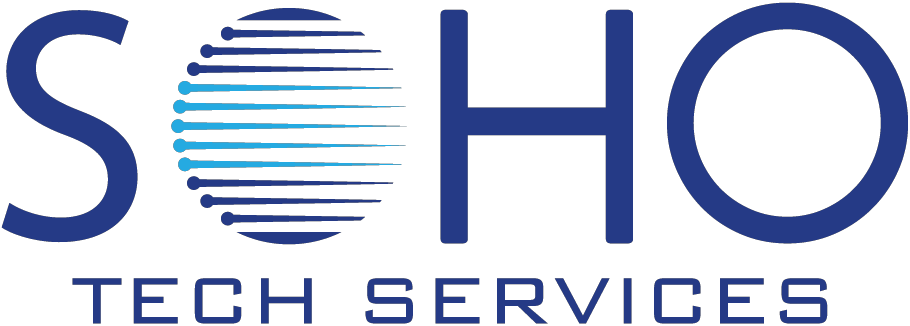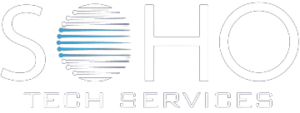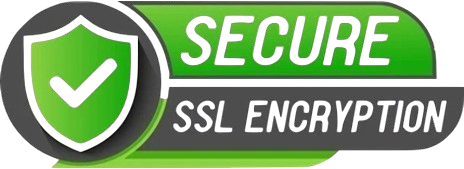
What is a Billing Specialist?
A career in healthcare administration is truly interesting, and becoming a Billing Specialist is likely the best approach. With the growing healthcare sector, there is an increasing demand for professionals who can manage and process medical payments. This article will provide comprehensive insight into what a Billing Specialist does, the key differences between similar roles, and how you can begin your journey in this popular profession.
Role of a Billing Specialist
A Billing Specialist plays a crucial role in the healthcare revenue cycle. Ensuring accuracy and fast reimbursement, they manage the entire billing and claims submission process to insurers. Additional duties include reviewing medical records, verifying patient insurance information, accurately coding medical procedures, and following up on outstanding claims to ensure timely payment.
Success in this position requires skills in accuracy, attention to detail, and an understanding of insurance and healthcare terminology. The Billing Specialist serves as the bridge between healthcare practices, insurance companies, and patients, ensuring that services rendered are properly compensated.
Distinction Between Medical Coding Specialist and Medical Billing Specialist
Patients may rely on the effective work of a medical billing and coding specialist, but it is important that they fully understand the definitions of these roles when applying for such jobs. While it may be true that medical billing and coding specialist jobs are often used interchangeably, there is more to it than that in the world of job applications.
A full-fledged medical billing and coding specialist not only translates healthcare services into standardized codes but also submits these codes for reimbursement from insurers. Additionally, they are well-versed in diagnostic and procedural coding systems, including ICD-10, CPT, and HCPCS.
Conversely, the personal billing specialty focuses on the administrative side of the medical billing process. Billing Specialists use codes generated by coders to bill for services rendered, resolve claim denials, post payments, and address patient inquiries. While both roles perform similar duties, the Billing Specialist’s responsibilities are more focused on financial and insurance-related matters.
Medical Billing and Coding Job Description
A medical billing and coding specialist is responsible for the following tasks, which an applicant is expected to perform:
• Confirm the accuracy of documentation in patient records
• Code diagnoses and procedures appropriately
• Submit claims to insurance companies, either electronically or by mail
• Communicate with insurance companies regarding claim denials
• Post payments received from insurance companies and patients
• Comply with federal standards and privacy regulations
In addition, as healthcare billing becomes increasingly technology-driven, the majority of these specialists use specialized software to manage claims and reporting. It is both a technical and interpersonal role, especially when dealing with patient issues and insurance disputes.
Additional Medical Biller and Coder Requirements
For medical billers, formal education and certification are commonly required to advance their careers. Medical billing and coding programs typically last nine months or less and can be offered either online or on-campus.
To gain an added advantage, you can also acquire certifications such as the Certified Professional Biller (CPB) or Certified Professional Coder (CPC) from either AAPC or AHIMA. Most positions require more than just education, including the following:
• Knowledge of Medical Terminology
• Knowledge of HIPAA Regulations
• Computer and Data Entry Skills
• Knowledge of Billing Software
If you have experience with billing systems such as Epic, Cerner, or Medisoft, consider it a plus.
Who is Well-Suited for a Career in Medical Billing and Coding?
Billing Specialists are candidates whose behavioral orientation is toward attention to detail and analytical thinking, and for whom working with data is a pleasure. This is an ideal position for someone with the ability and skills of a good problem solver, who thrives under deadline pressure and possesses strong communication skills.
While individuals seeking flexibility will always find this field appealing, it is also attractive because healthcare Billing Specialists can work from home or in a hybrid setup, which is great for parents, caregivers, or anyone looking for a better work-life balance.
Getting Started in Medical Billing and Coding
Before anything else, it is a smart move to enroll in an accredited medical billing and coding program. The majority of community colleges and nearly all established online institutions offer flexible training options. Once completed, internships or entry-level positions provide practical experience and insights into various billing systems.
At Soho Tech Services, we empower aspiring individuals to pursue a career in healthcare administration through various training, placement, and counseling services. Whether you’re starting your career or looking to upskill, we have everything you need to put you on the right track to becoming a successful Billing Specialist.
If you’ve ever thought about switching careers and now wish to enter a new one in wine and spirits, there’s no better time to make the change. The medical billing profession thrives on new technology and innovative ways of running a business.
Start Your Journey Toward a Rewarding Career Today
The demand for a qualified billing specialist is expected to grow even more, as evidenced by the Bureau of Labor Statistics’ forecasting of continued growth in the healthcare support field. Whether you’re looking for a steady paycheck, a work-from-home opportunity, or a job that helps improve patient care, this career fits the bill.
Interested in getting started? Contact Soho Tech Services today to learn how you can train and transition into a role as a billing specialist. A whole new career in healthcare billing is just a step away.


